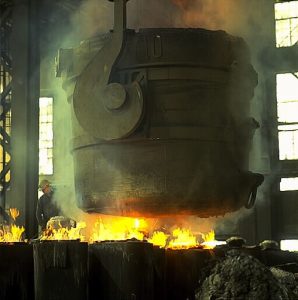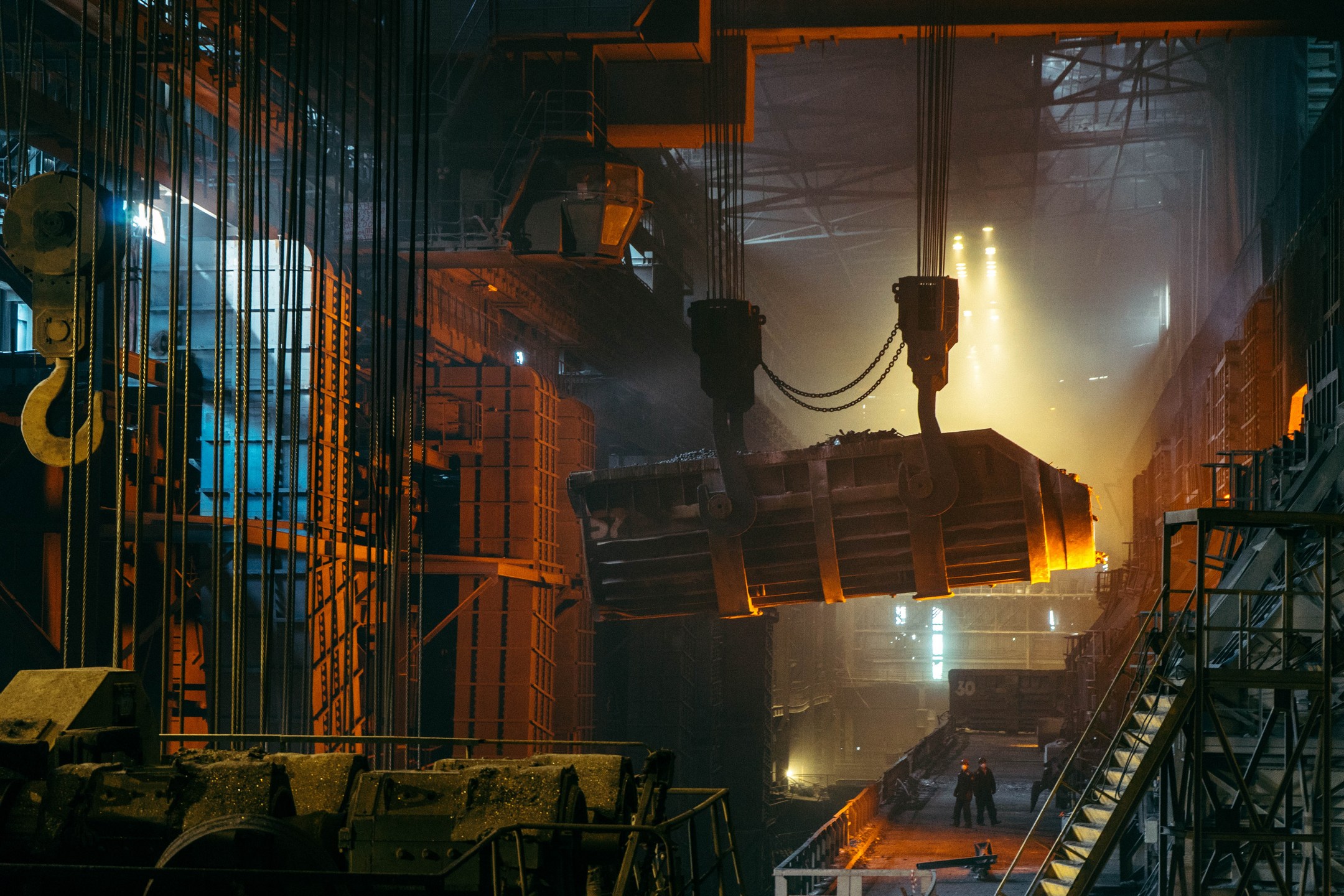
Called the Coalition of American Metal Manufactures and Users, the new trade group hopes to avoid what happened in 2001 when steel was similarly locked out through Section 201 tariffs. Those tariffs lead to the loss of an estimated 200,000 jobs.
Opposition to Tarrifs
The coalition’s effort is part of growing opposition to President Trump’s tariffs, particularly those on steel and aluminum. The movement is gaining strength quickly from leading trade and business organizations, including the U.S. Chamber of Commerce, Business Roundtable, Caterpillar, and boat and automobile manufacturers.
Adding its voice as well is National Tank Truck Carriers (NTTC), the leading national voice for tank-truck carriers, vendors and manufacturers. Those manufacturers rely heavily on steel and aluminum.
“As steel prices rise, tank carriers are being asked to pay more for trailers already ordered or lose their trailer to a competitor’s order,’’ said Daniel R. Furth, NTTC’s president. “It’s a king-sized problem and it keeps on rolling downhill. Depending on the type and origin of the steel or aluminum in question, the cumulative cost of tariffs can exceed 200 percent of the material’s list price.
Enjoying our insights?
Subscribe to our newsletter to keep up with the latest industry trends and developments.
Stay Informed
“Manufacturers are forced to pass along their price increases to keep up with steadily rising raw steel and aluminum coil prices from domestic steel manufacturers. Tank trailers are overwhelmingly constructed from steel or aluminum.’’
Coalition of American Metal Manufacturers and Users said its members are already seeing damaging results from the 25-percent steel tariffs and 10-percent aluminum tariffs imposed by Trump on March 23. The coalition represents a wide range of domestic manufacturing interests, from metal formers to machinists to food equipment manufacturers.
“These tariffs will do nothing to uphold their stated purpose of protecting U.S. national security,” said coalition spokesperson Paul Nathanson. “They will instead hurt U.S. manufacturers in the near term by raising the price of the essential inputs they need to make finished products, and do long-term harm to domestic steel producers by eroding their own customer base.”
Coalition of American Metal Manufactures and Users
The growing coalition comprises a broad swath of manufacturing associations, including the Industrial Fasteners Institute, the National Tooling & Machining Association, the North American Association of Food Equipment Manufacturers, the Precision Machined Parts Association, and the Precision Metalforming Association, and the American Wire Producer Association.
“It doesn’t matter what finished product you manufacture; if you use steel or aluminum as an input, your costs are rising as a result of these tariffs,” Nathanson said. “It also doesn’t matter whether you use domestic or imported steel or aluminum, because the effect is the same: higher prices for your basic inputs.”
These price hikes only add to existing upward pressure on tank-truck manufacturing costs, Furth said.
“Due to a strong economy spurred by the recent tax cuts, trailer manufacturers currently post waiting lists at least six months long. High demand for these products only raises their prices,’’ Furth said. “Steel and aluminum tariffs further undermine tank truckers’ ability to purchase the trailers necessary to transport America’s goods. NTTC’s carrier members’ concerns about trailer supply are significant enough that our carrier leadership discussed the backlog at our most recent Annual Meeting in Toronto, Ontario, Canada.
“Bottom line, tank truckers need highly specialized trailers to move their customers’ shipments. Combined with other market constraints like the truck driver shortage, the inability to acquire trailers is a looming catastrophe of higher costs for trailer manufacturers, tank truck carriers, our shippers, and anyone that purchases gasoline, shampoo, laundry detergent, or any of the thousands of other products that require tank truck transportation in their supply chain.’’
Section 201 Tariffs
The 232 scenario manufacturers are facing today is nearly identical to what they faced in 2002, when steel was locked out of the U.S. through the Section 201 tariffs. The decision to shut out the normal flow of global steel commerce left a smaller amount of steel available inside the United States, driving up costs for steel users. Studies show that 200,000 manufacturing jobs were lost due to the imposition of those 201 tariffs.
“The coalition is united in its efforts to address the same fundamental problem that we experienced in 2002,” Nathanson said. “Tariffs help a small handful of steel producers while jeopardizing the viability of thousands of steel-using manufacturers.
“Tariffs are taxes, plain and simple,” he concluded. “The administration’s stated goal is to create new jobs and help U.S. manufacturers prosper, but these tariffs will bring the opposite result.’’




















